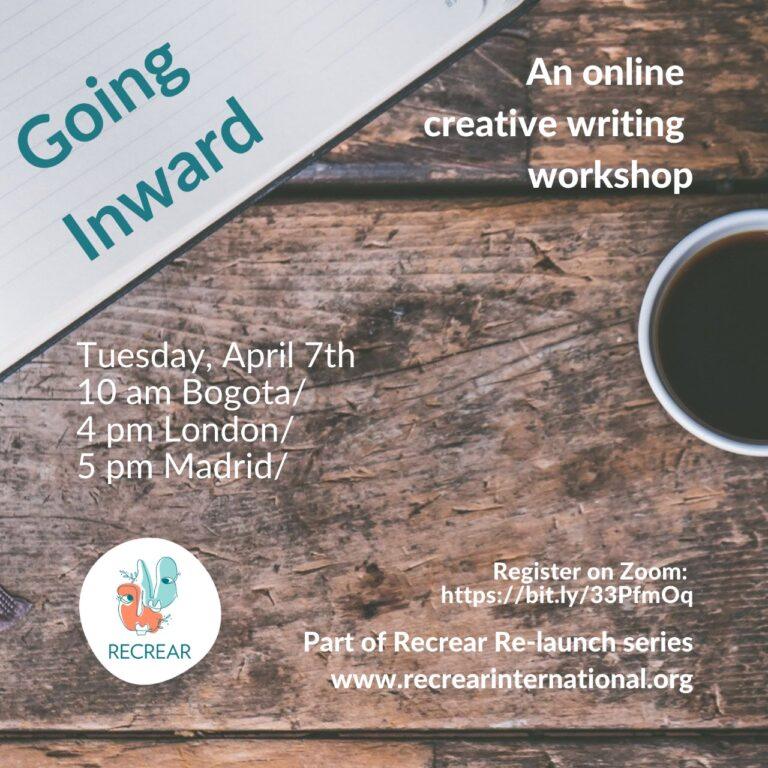I’m squished in a big truck that has been transformed into an informal bus. We are trying to survive a 12 hours ‘camion’ ride from la Habana to Santiago de Cuba.
We are 9 hours in, 9 hours of green country side running outside of the window. My legs are a bit sore from the bags under and over them.
In the ‘truck’ we are 10. I keep staring at this a mattress hanging in front of me; when is it going to fall over us?
Last week I took part in a week-long UN-Habitat training in Medellin.
I was put in the Four Points Sheraton Hotel and realized I had forgotten what a comfortable bed and a hot shower felt like.
Thinking Cuban, I made sure to bring back a bunch of Sheraton soaps for my neighbors.
Given the lack of resources, Cubans ‘resolve’, ‘invent’ and ‘aguantan’ (which basically means ‘they suck it up’).
In Cuba, I am happy to suck it up (for a bit); Cubans are showing me what solidarity can actually mean.
My head runs through what I have learned in the last few weeks.
We have been told by various experts that solidarity and integration are the magical words that make Cuba’s response to natural disasters so impressive, especially given the islands resources. When a cyclone hits Cuba, they have explained to us, the national defense force coordinates a process where all actors are ‘sitting around the same table’.
The military, the bakeries, the pharmacies- everyone is mobilized to respond to the event. On top of that, people are encouraged to host and share resources with people’s whose house has been damaged.
Few weeks ago a Cuban friend of mine commented ‘so many people are part of my daily rituals!’.
I thought that in my ‘normal’ life, ‘others’ are not in my face as much.
As a result, I don’t feel the responsibility to be as present and available.
In my ‘normal’ world solidarity is carved out space custom fitted to society’s rhythm. It is not integral part of how I see myself and others.
Despite the type of work I do (and despite my glorification of community), I live independently.
In my world the ‘good’ action, the ‘solidarity’, becomes charity. My world is one that does not normalize solidarity. It compartmentalizes it.
So I am sitting here thinking I am having a sort of epiphany – solidarity can’t be a hobby. I need to make it a lifestyle.
Back on the truck, we stop for five minutes. An old lady is selling cheese sandwiches from our window. One of the guys in my ‘truck’ buys one.
He eats half of it and passes the other half down the row. The guy sitting in front of me takes a bite and swallows it down with a sip of ‘tu kola’, than passes the bottle down.
The guy who bought the sandwich takes a sip.
Post Scriptum:
We arrived to Santiago at 12.00 am- the ride was 16 hours long! None of the people in our truck knew each other when we left Habana but by the end of the night we were all sharing a bottle of rum, chatting about Cuban music.
– Gioel

